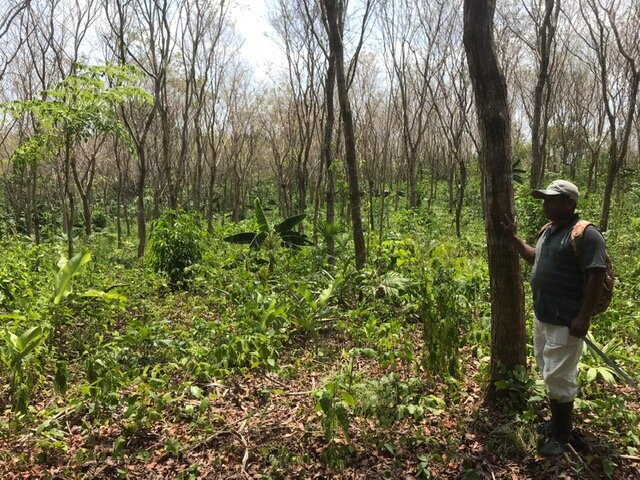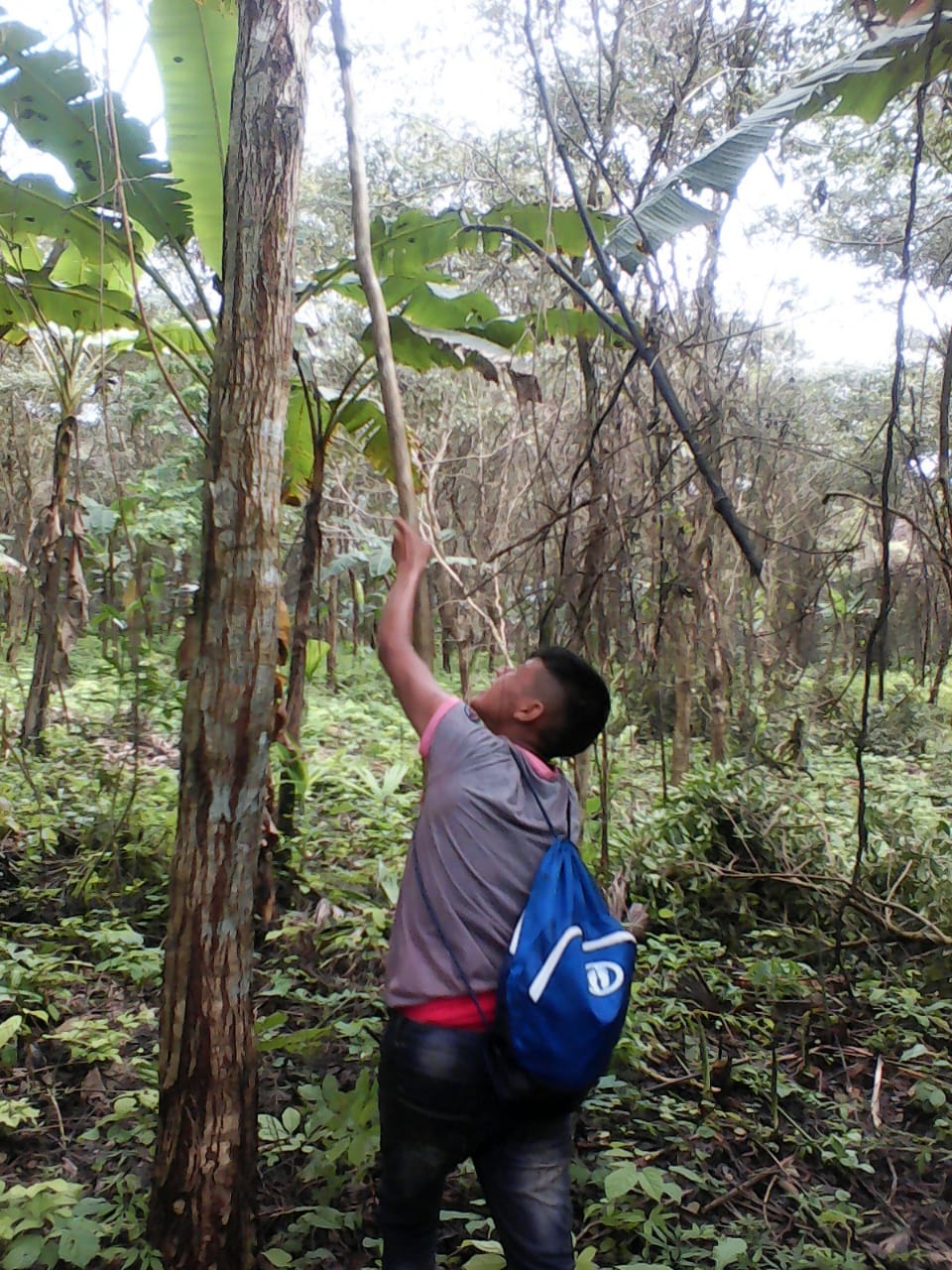 A group of curious kids from Arimae during the 2007 planting
A group of curious kids from Arimae during the 2007 planting
People’s desire for more real—more authentic—goods and experiences offers companies an opportunity to make their operations more sustainable, while creating products that are increasingly in demand.
Fast Company posted an article on people wanting more “real” connections to the products they own, foods they eat, and experiences they have. Maybe it’s because the time we spend online makes us feel physically disconnected from other humans, or the growing number of health scares resulting from mass-produced food products, but the desire for “real” is fueling what we see as some positive trends in consumption.
The local food movement and consumers’ desire to understand the companies that create the products they consume are two examples. Companies increasingly need to connect with their customers in more meaningful ways. We want to understand and support culture and values of the company’s whose goods we consume:
“Companies can fulfill this desire for a real experience by offering new ways for people to see, touch, and feel where the products they buy come from. ‘Consumer safaris’ enable people to travel to where a product is made to meet the craftspeople who make it.”
At the same time, technological advances are facilitating this trend. The Fast Company article mentions a company called Icebreaker Merino that manufactures sustainable, high end merino wool apparel. You get a “baacode” for each item you buy, which lets you trace it
“back to the source in New Zealand where you can see how the sheep live, read about their growers, and follow its production through to the finished garment.”
The Economist recently ran an article on using DNA technology to trace the origination of tropical hardwoods. DoubleHelix Tracking Technologies, the Indonesian company featured in the piece, uses DNA testing to pinpoint where the wood came from, enabling tropical timber importers, furniture manufacturers and resellers to ensure that the wood was sustainably harvested. While expensive, the increasing focus on conservation enforcement and associated legal trouble (e.g. Gibson Guitar) may accelerate the number of companies who require origination testing for their wood.
So, what does this mean for us?
As a small, socially responsible tropical timber company, the shareholders who support us tend to take a more invested interest in how we work, and we expect that the customers who will purchase our timber products will as well. While we're still a few years away from producing timber from our projects, we envision a line of products that engages peoples’ sense of connectedness to our operations.
Imagine tracing the mahogany side table in your bedroom back to our sustainable forestry projects in Darien, Panama. You might see that the wood for your side table came from a tree sprouted in the nursery of our community forestry partner Arimae. Then it grew for 20 years down the road from the community, soaking up the tropical sun and seasonal rains, and providing shade and habitat for rich local biodiversity.
After harvesting the tree, it goes to the sawmill in the community where it is cut into boards. Then you might picture the wood in the hands of a skilled indigenous craftsman, planing the boards smooth, inspecting the joints for a tight fit, and finishing the final piece to a golden shine. He signs the end table and drops a note into the drawer thanking you for supporting the local furniture industry, and inviting you down to Panama to see Planting Empowerment’s operations firsthand.
Then it goes to our warehouse in Panama City, into a shipping container, onto the ship, across the Caribbean, to the port, onto the truck, into our showroom, into your car, and into your bedroom.
We hope that would provide the kind of real experience that grows our business while reducing illegal logging and creating opportunities for our community forestry partners.
 Last week we participated in Agora Partnerships' Impact Investing in Action conference held at Georgetown’s business school. Planting Empowerment was invited to pitch as one of the “top early stage, for-profit companies creating social value around the world”.
Last week we participated in Agora Partnerships' Impact Investing in Action conference held at Georgetown’s business school. Planting Empowerment was invited to pitch as one of the “top early stage, for-profit companies creating social value around the world”. 




